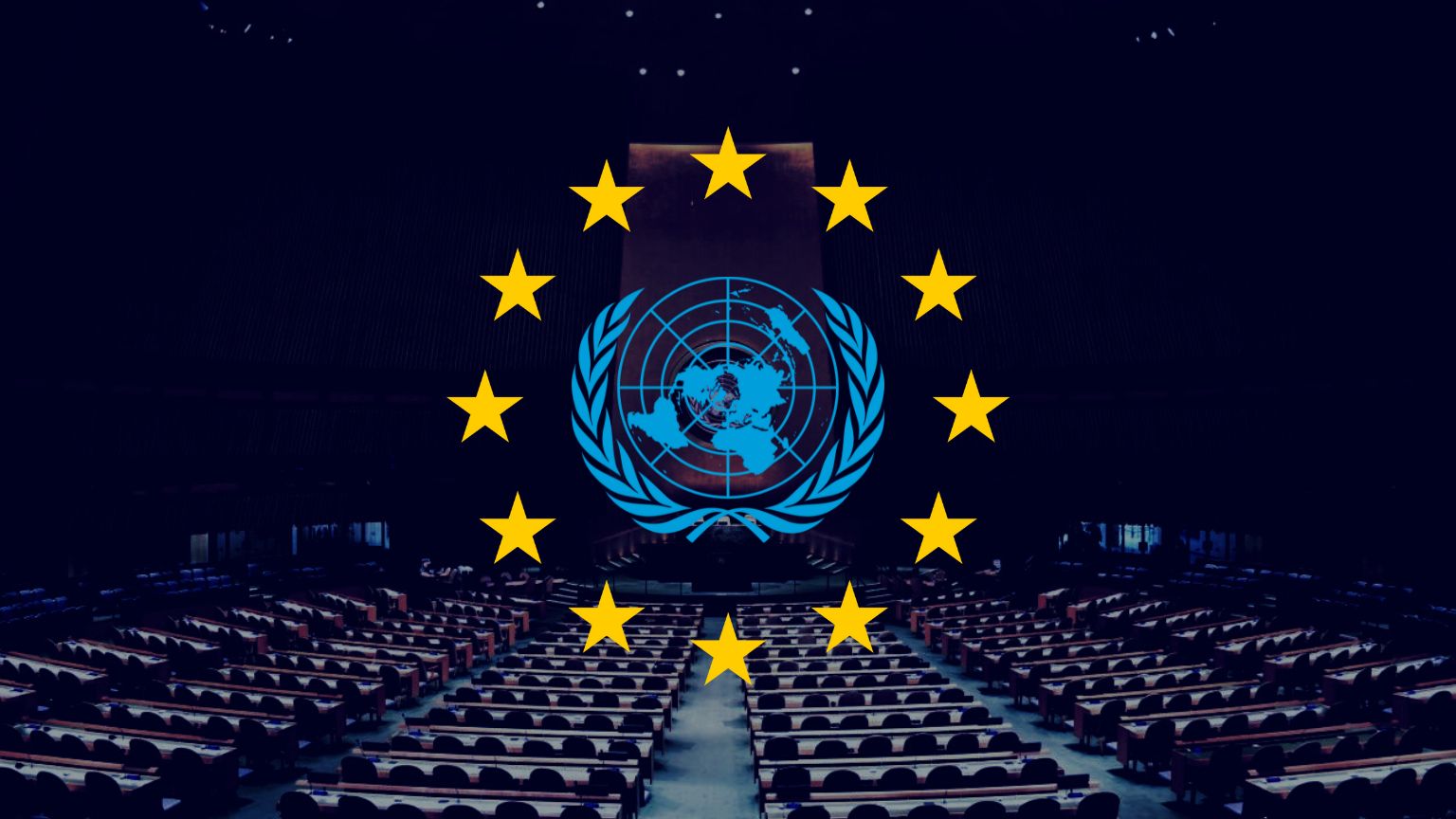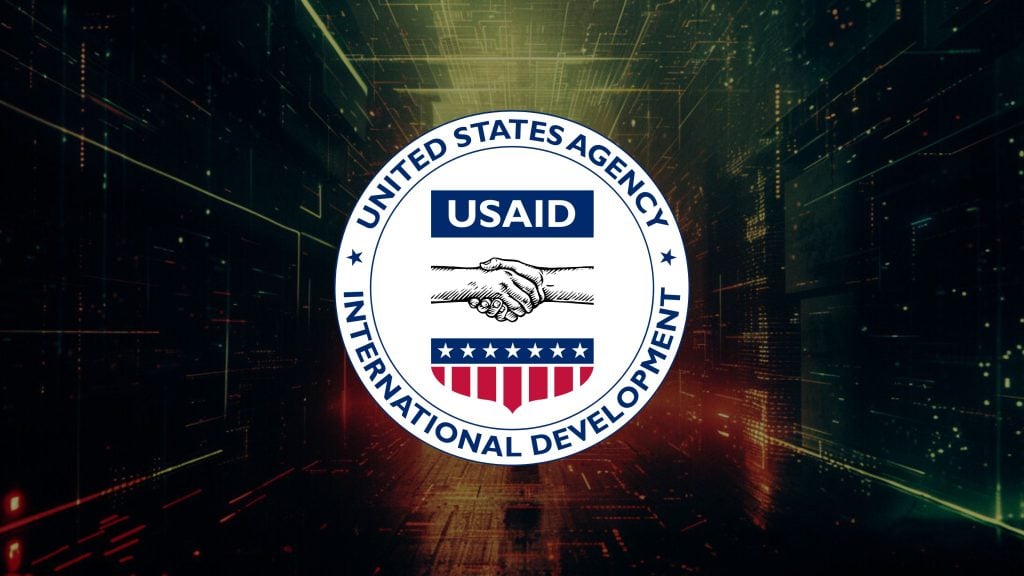In an apparent display of bureaucratic synergy, the European Union and United Nations have convened to muse over the implementation of new social media regulations, ostensibly in the pursuit of a more secure and transparent digital milieu. What stirs apprehension, however, is the overt enthusiasm of the UN’s Under-Secretary-General for Global Communications, Melissa Fleming, who anticipates that the EU’s Digital Services Act will establish a “new de facto global regulatory benchmark.” The skepticism arises from the suspicion of veiled intentions to curb free speech under the guise of combating “disinformation.”
Platforms are constantly blamed for the proliferation of “disinformation” and “hate speech,” with detractors painting them as adversaries to science, democracy, and human rights. The UN Secretary-General António Guterres brandishes a doomsday brush, asserting that large-scale disinformation constitutes “an existential risk to humanity.”
What is crucial here is the essence of the dialogue and the response it seeks to galvanize. The UN is fervently plotting a Code of Conduct premised on a policy brief that stresses the imperative for an international clampdown on disinformation. It lays out what seems to be an ambitious and comprehensive framework, involving governments, tech companies, advertisers, and other stakeholders. All very fine, but what remains unaddressed is the question of who gets to define what is “disinformation,” and what criteria determine the line between free speech and misinformation.
The Code of Conduct, steeped in an aura of academic rigor and global research, envisages a change in the fabric of digital platforms. However, the aspects it emphasizes – detaching from engagement-driven business models, and ostensibly placing human rights, privacy, and safety at the forefront – are nebulous in terms of implementation and potential overreach. Furthermore, the UN’s admission of wielding moral authority without sanctions may be viewed as a tacit endorsement of soft power coercion.
While Melissa Fleming’s words convey a seeming commitment to protect human rights and access to information, the phraseology she employs – “human rights-based,” “multi-stakeholder,” and “multi-dimensional” – are threadbare buzzwords that do little to assuage the concerns over censorship and institutional overreach.
The concern is not with the stated objectives of fostering a safe and open digital environment, but rather with the specter of global entities like the EU and UN using the cloak of “disinformation” to infringe on the bedrock principle of free speech.






















